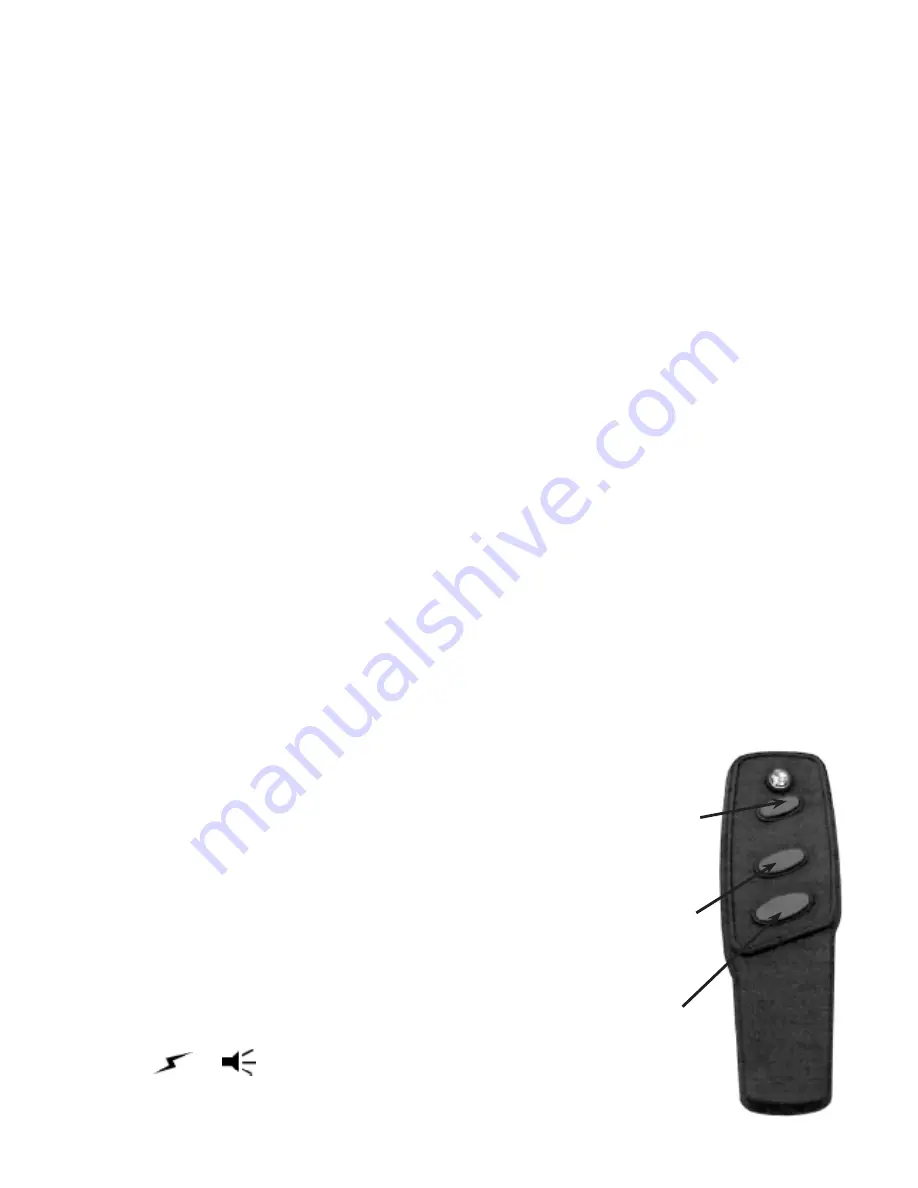
Appropriate emotional outlets are also very important. Obviously, PLUS training is designed to stop a
dog from exhibiting misbehaviors, and help direct him to appropriate behaviors that his owner can reward
him for. If a dog cannot leave the yard, no reward can replace the freedom he has lost. Provide your dog
with other appropriate outlets. Activities like running with your dog or playing with him are extremely
important to your dog’s emotional health, as well as successful training.
Redirection is equally important, if not more so. In many PLUS training situations, you will need
to provide an alternate behavior for your dog. An example of redirection is if your pet is chewing on
something that he should not. Redirect his attention to an acceptable chew toy. This redirection provides
a known behavior pattern that your dog can fall back on, enabling you to apply reward.
Overall, what you’re trying to do with redirection and reward is to build better behavior in your dog. But
when you build anything, it is useful to have a blueprint; a plan that outlines specifically what you are going
to do under an array of circumstances. Because of all the variables involved with PLUS training, you need
to have such a plan. You need to know exactly what you’re going to do before a situation arises. This is
another example of why your dog should have some understanding of basic obedience.
Q: During the initial training stages, can I train my dog using the containment transmitter and the remote
transmitter at the same time?
A: The answer to this is an emphatic "NO". Probably the most important point about training with the
PLUS system is that your dog should become comfortable with the containment transmitter first and
that you’re satisfied with the results. Be sure that he is fully trained on the containment system, and that
he is staying in the yard no matter what the distraction. Only then should you begin to use the remote
transmitter to train him on such things as the "Come" or the "Sit" command.
Q: Which should I use first, the containment system transmitter or the remote transmitter?
A: It is highly recommended that you train your dog to the containment system first. You will find that it
is much easier to teach your dog to stay in the yard than it is to do such things as "Come" when called or
"Heel" off-leash. Also, by training your dog to stay in the yard you are providing him with some new found
freedom that will in turn make it easier to train him to do other things.
Q: Once I train my dog to the containment system, how much time should pass before I use the remote transmitter?
A: This time will vary from breed to breed, however a good rule of thumb is to wait until you have removed
the last containment system training flag. Many dog owners will want to get started sooner, but by letting
the appropriate time period pass you will avoid confusing your dog as to why he is receiving the correction
from the remote transmitter.
OPERATING THE REMOTE TRANSMITTER
Setting the correction duration and using the remote transmitter
To set the correction duration, press the "Program" button. The
containment transmitter will indicate the present correction duration by
beeping once or twice. It will beep once for a 1/2 second correction and
twice for a one second correction.
Program the system to the desired correction duration. The correction
duration will be stored even if the containment transmitter has been
turned off.
Once you have set the system to the desired correction duration, you are
ready to begin training.
Press the " + " button to give your dog a correction along
with a warning tone.
12
Correction
with tone
Warning
tone only
Program
Correction Level










































